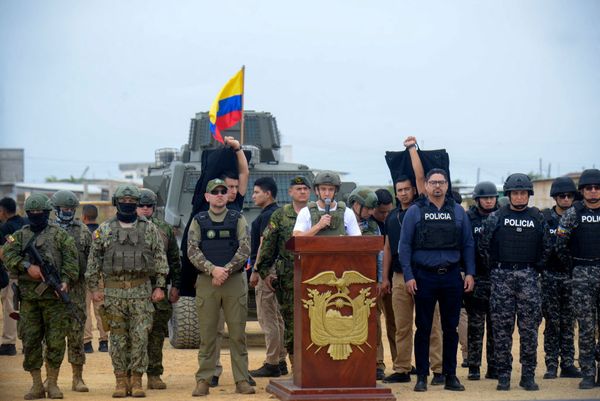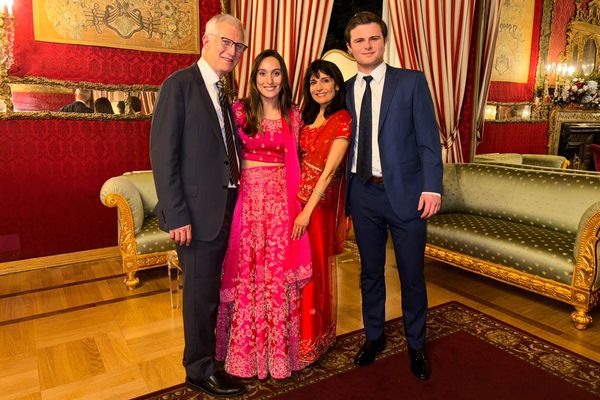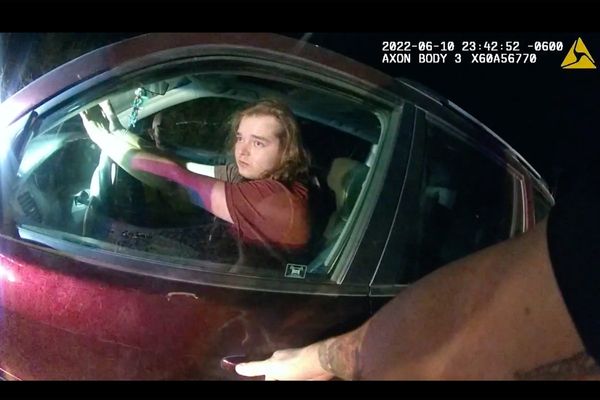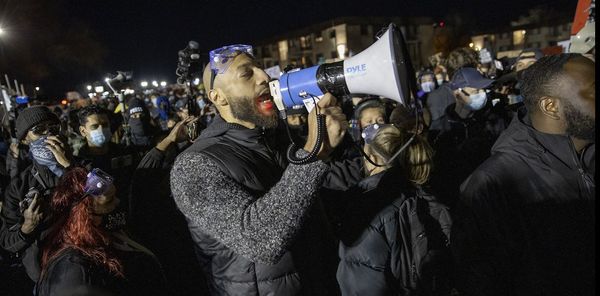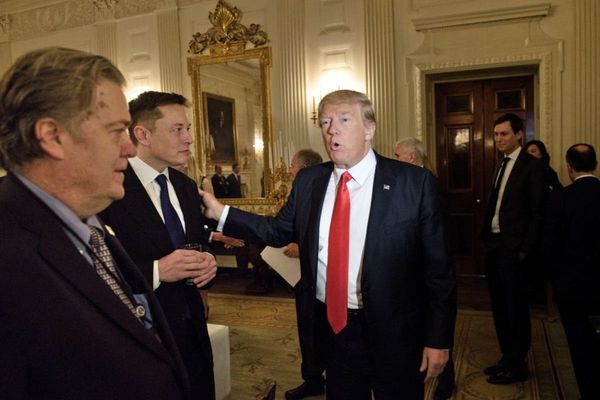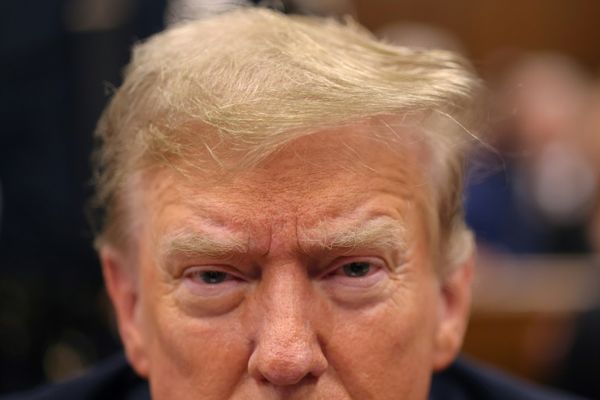What if I were to tell you that the US government and media is controlled by a secret cabal of devil-worshippers who are organising the mass kidnapping of children? Well, according to a recent poll, 17% of Americans believe this to be the case.
Another 30% believe the 2020 US presidential election was stolen from Donald Trump. A further 36% think the COVID-19 pandemic was intentionally planned by a global elite.
If these figures are anything to go by, a worrying number of Americans believe reality is not what it seems. More specifically, they endorse the conspiracy theories collectively known as QAnon, a conspiracy group which has become something of a quasi-religious cult since its emergence in 2017.
QAnon’s overarching doctrine is that the “deep state” – a secret network of global elites with its own political agenda – is controlling world affairs. Although this might seem ludicrous, an element of this doctrine has long been taken very seriously by philosophers – that, for all we know, our understanding of the world around us is deeply distorted.
This idea – often referred to as radical doubt or scepticism – was famously articulated by the 17th-century French philosopher and mathematician René Descartes in his Meditations on First Philosophy. Realising that many of his previous beliefs were mistaken, Descartes suggested that an all-powerful “evil genius” could be systematically deceiving him about his most basic beliefs – much like how the supposed deep state is apparently deceiving those who believe in QAnon.
From this, Descartes set out to demolish any beliefs that weren’t “completely certain and indubitable”, and then to “start again from the ‘foundations’”.
Trump the messiah
Just as Descartes seeks certainty about the world, so supporters of QAnon (known as QAnons) seek a day of reckoning prophesied by its anonymous figure-head, “Q”, called “the storm”. As researchers on radicalisation Mia Bloom and Sophia Moskalenko note, this is the supposed day that Trump will arrest those upholding the deep state and either send them to Guantanamo Bay or execute them. In the aftermath, people will celebrate the “great awakening” as they are freed from their deception.
In the weeks leading up to the January 6 US Capitol attack, they remained eerily silent, but there were some high-profile QAnons involved in the riot. After that, the storm was meant to occur on January 20 2021 – US presidential inauguration day. However, instead of dismantling the deep state, Trump left the White House. Disappointed, QAnons either doubled-down on their convictions or drifted away from the movement.
That was until November 2022, when Trump announced his 2024 presidential campaign. After two years, QAnon’s messiah figure had returned and, since then, Trump has been galvanising QAnons to take the battle to the deep state once again. On February 11 2024, he posted the following call to arms on his Truth Social platform:
2024 is our Final Battle. With you at my side, we will demolish the Deep State … we will rout the Fake News Media, we will Drain the Swamp, and we will liberate our country from these tyrants and villains once and for all!
Trust the plan
Descartes famously found certainty in his capacity to think: “I think, therefore I am”. The idea is that, even if he doubted his own bodily experience, he could not doubt his existence as a thinker. That’s because doubting that you’re thinking is, itself, a form of thinking.
This certainty, referred to as the Cogito, provided Descartes with the foundations to escape the hypothetical “evil genius” deception.
There seems to be a different kind of Cogito at play in QAnon’s overarching mantra, “Where we go one, we go all”. This is a call for solidarity amongst QAnons to “trust the plan” – Q’s prophecy that Trump will prevail over the deep state.
But doesn’t that imply there is at least something in the world worth trusting? If there wasn’t, it’s difficult to see how there could be a plan to trust in the first place – and it would be difficult to understand how QAnons could even trust each other. So, the very existence of QAnon must presuppose a degree of trust, which is a foundational certainty for QAnons.
Many QAnons “trust the plan” because they report feeling fearful, anxious, and isolated in the world. QAnon and Trump may have earned trust by preying on these emotional vulnerabilities.
Like any good conspiracy theory, QAnon claims to offer its devotees social and existential shelter from the deep state. Like any good saviour, Trump promises to destroy the deep state. This might explain why his 2024 presidential campaign has coincided with renewed support for QAnon.
Ultimately, QAnon is underpinned by a trust that’s rooted in fear and anxiety. By overcoming these fears and anxieties, one stands a better chance of escaping its grip. As with fear more generally, courage is typically the antidote.
QAnons potentially have a network of support just waiting for them. They just need the courage to seek it from those outside their circle.
Taylor Matthews receives funding from UKRI/European Research Council
This article was originally published on The Conversation. Read the original article.

